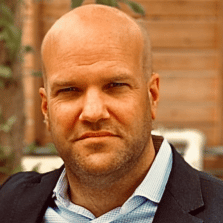
LIFE SKILLS IN RECOVERY

On This Page
- What Are Life Skills
- Life Skills Training In Addiction Treatment Programs
- The Importance Of Life Skills Training For Recovering Addicts
- The Benefits That Life Skills Add To Sobriety And Our Mental Health
- Four Major Dimensions Of A Life In Recovery
- Essential Everyday Life Skills Needed After Rehabilitation
Seeking treatment? Questions?
Get 24/7 confidential help now:
Or Receive A Call:
Last Medically Reviewed 15 November 2022
LIFE SKILLS
Psyclarity Health’s life skills education will assist you in living a better, substance-free existence. We provide various chances to practice these important life skills while undergoing addiction treatment. Developing a resume, practicing interview techniques, mastering mental health difficulties, and maintaining healthy relationships are only a few of the activities available to you.
WHAT ARE
LIFE SKILLS?
It might be tough for recovering addicts to overcome life’s challenges. There are many hills to climb, highs and lows, making it difficult for someone in recovery to maintain sobriety. As a result, learning how to adjust is critical.
Learning life skills in recovery is crucial. These are general traits that improve our ability to navigate typical life. They’re essential for social and psychological development. Various common skills are useful to everyone, regardless of their demographics. Consider them a set of social survival skills. Some may appear straightforward, while others need time to learn and perfect. These life skills help us deal with stress, set limits, and adapt as needed.
Several life skills are recognized and classified by the World Health Organization. In recovery, these skills are generally further grouped into six critical areas of social skills, namely:
• Communication and interpersonal skills
• Creative thinking life skills
• Critical thinking (problem-solving and effective decision-making)
• Self-awareness
• Assertiveness and self-control
• Resilience and the ability to cope
LIFE SKILLS TRAINING IN ADDICTION
TREATMENT PROGRAMS
Every person is, without a doubt, stronger in certain areas than others. Some skills are easier for us, while others are more difficult. But these variances distinguish our individuality and must be recognized. We are not worth more or less than the next person because of it. Instead, we become more aware of areas of life that need improvement when we accept our differences, strength, and limitations. As a result, recovering addicts should first concentrate on learning about each life skill.
Psyclarity Health helps addicts build life skills in recovery. Our specialists balance comfort with knowledge to create a program that provides a satisfying experience while teaching these required rehabilitation abilities. Through our training, a recovering addict may learn life-long abilities and apply them in everyday life.
THE IMPORTANCE OF LIFE SKILLS
TRAINING FOR RECOVERING ADDICTS
It’s difficult to maintain sobriety every day. While resisting temptation and avoiding relapse are essential recovery phases, avoidance can only help you for so long. Several additional issues must be addressed to overcome addiction.
It’s important to remember that addiction treatment isn’t about magically removing a person from addiction for good. It is rather about correcting the factors that led them to get addicted in the first place. The best way for someone who has been through substance abuse rehabilitation to recover is to focus on their past problems. Understanding how some decisions eventually resulted in drug abuse and continued substance abuse is critical.
Essential life skills are the foundation on which our development and transformation as emotional, psychological, and physical people are built. However, the process is not always the same because of the difference in how each individual experiences life. After addiction, people in recovery may need to modify their strengths or utilize specific skills differently to adapt.
No matter who you are, learning new life skills is vital. Every activity we complete, every decision we make, and every responsibility we’ve assumed requires some life expertise. They play a role in how well we do at our jobs. They contribute to our family duties and relationships. And they increase our creative thinking while also assisting us in improving our problem-solving skills.
The keys to a successful recovery include learning about oneself, utilizing rehabilitation services, and acquiring and mastering sober living skills. It will also make the transition to a new lifestyle considerably simpler.
THE BENEFITS THAT LIFE SKILLS ADD TO
SOBRIETY AND OUR MENTAL HEALTH
Many poor decisions, missed opportunities, and failed possibilities can result from addiction. Consider what addiction has taken from you. You have a chance to get your life back with the continual practice and application of life skills acquired in recovery.
Consider all of the relationships that have gone sour due to addiction. Consider the friends you’ve lost to drug abuse and those you’ve alienated along the road to ruin. Even if it’s not entirely your fault, you may get some forgiveness or reconciliation with good communication skills, self-awareness, and empathy even if forgiveness comes from yourself.
The possibilities are endless as soon as you regain control of your life and free yourself from addiction. Not to mention how much better you’ll feel not waking up hungover every day. You will not only have control of your life again, but you will also have power over your future.
FOUR MAJOR DIMENSIONS OF A LIFE
IN RECOVERY
The Substance Abuse and Mental Health Services Administration, or SAMHSA, defines recovery from mental disorders and substance abuse as follows:
“A process of change through which individuals improve their health and wellness, live a self-directed life, and strive to reach their full potential.” —SAMHSA
SAMHSA outlines four dimensions, a measure developed to assist people in recovery and guide them toward a better, healthier, and happier life free of addiction. The four dimensions are:
Health
Individuals should make educated, healthy decisions that support their recovery. Maintaining or improving one’s health is usually the first step toward making any substantial change. This area focuses on overcoming addiction or managing the effects of the sickness.
Home
The home dimension describes a peaceful, secure, and consistent living environment. All individuals in recovery should have a clean living space where they are supported, feel safe, and can comfortably express and live out their truth at all times. Stable family life may help you avoid relapse-prone situations.
Purpose
Purpose is something we all yearn for and search for in our lives. Supporting the purpose pillar means that a recovering addict has a purpose in mind and a future ahead of them every morning when they wake up. Using this sense of purpose, a recovering addict can discover meaning in daily activities, such as employment, school, community service, or family life.
Community
The social network aspect refers to the connections and social networks that provide recovery support to the addict. The community is essential to recovery and success. Therefore, individuals who are not active addicts should be supportive and non-enablers to others. The purpose pillar and community pillars may often be seen in sync. People from an organization you find purpose in, such as work, school, or volunteering, can also serve as peers who will help you during your rehabilitation efforts.
ESSENTIAL EVERYDAY LIFE SKILLS
NEEDED AFTER REHABILITATION
The brain and body often can’t focus on more than drugs and their abuse when dealing with addiction. Unfortunately, this leaves us short of important life abilities that could assist us in discovering a greater purpose and success in life. Being able to cope with stressful feelings and control one’s stress are some of the most crucial life skills. The following are some of the most essential life skills you’ll need to continue functioning effectively after rehabilitation:
Finding a Job
It might be challenging to obtain a job after rehabilitation. Some rehabilitation facilities, on the other hand, will assist individuals in finding jobs that match their talents and creating resumes. Some initiatives may even help with job placement or suggest additional training options, such as vocational courses.
Managing Finances
Independence, making sound financial decisions, and understanding how to live a secure economic lifestyle all rely on good money management. Opening a bank account, saving money, paying debt, and learning to live on a budget are all aspects of managing one’s finances. It can be profitable for someone in recovery and beyond to learn how to manage money.
Managing time
Time management is a critical skill in rehabilitation. Being on time for meetings or appointments demonstrates that you respect the other person’s time. Investing in a daily planner is one of the most excellent methods of practicing time management. Filling your day with healthy objectives, activities, and rehabilitation-oriented work is a surefire way to boost your motivation.
Home Maintenance
Cleaning the house or apartment may help someone learn to care for something other than themselves. While plumbing and electrical repairs are not required, keeping your home comfortable and safe is essential. Maintaining a clean living space as a home and taking pride in it can help people feel accomplished while also saving money.
Setting and achieving personal goals
Some people who have spent years using drugs may feel hopeless and aimless after a period of sobriety. Setting objectives is an important life skill in recovery. Goals and aspirations keep life moving forward while preventing old habits from returning.
Cooking
Nutrition might be beneficial to one’s recovery. Cooking and nutrition are both essential abilities for living a healthy life. Good, nutritious meals may make a person feel more energized. Cooking lessons might help someone develop a skill to be proud of or even lead to a career.
Self-Care
Poor self-care is a typical reason for emotional relapse. Self-care includes getting sufficient sleep, consuming nutritious meals, and employing coping strategies to combat sadness, anxiety, and other unpleasant emotions and ideas. It’s critical to master and practice the fundamentals of self-care to achieve a successful recovery.
Building healthy relationships
While people in recovery adjust to their new life of sobriety, their family and friends will also be adjusting. One of the most essential new life skills is developing good relationships. It’s also one of the most difficult, especially if you’re faced with doubt from others in your family and friends. People recovering must focus on developing positive connections, regardless of how their relatives and friends react to their soberness. Some ways to practice effective communication effectively are being aware, expressing emotions healthily, listening attentively, and recognizing triggers in social encounters.
Accepting Personal Responsibility
Personal responsibility is one of self-awareness. When individuals accept responsibility for their actions, they are also ready to accept the necessary consequences. It’s critical to examine your part in your addiction and recognize that the choices that ultimately resulted in substance use were yours alone.
Being Able to Ask for Help
Knowing who to contact may help them feel stronger and more supported in their sobriety when feeling vulnerable or concerned about relapse. If you need assistance, don’t be afraid to ask for it. It’s essential to have someone on your side.
Psyclarity Health is here to help. We offer comprehensive inpatient and outpatient programs featuring cutting-edge treatment like behavioral therapies, art and music therapy, and holistic wellness. Our facilities are located all around the country, so there’s sure to be one near you.
We have a team of specialists waiting to help, no matter the problem. With our extensive offering of therapies, we can provide long-term recovery and true healing for you or someone you love. Discretion is guaranteed, so you can feel safe and comfortable seeking help from us. Get in touch and take the first step towards getting your life back on track.
MAKE THE CALL
Don’t go through the process of recovery alone.
There are people who can help you with the struggle you’re facing. Get in touch with one today.
Call Now: 855-924-5350
GET THE CALL
Enter your phone number below to request a call from a treatment professional.







